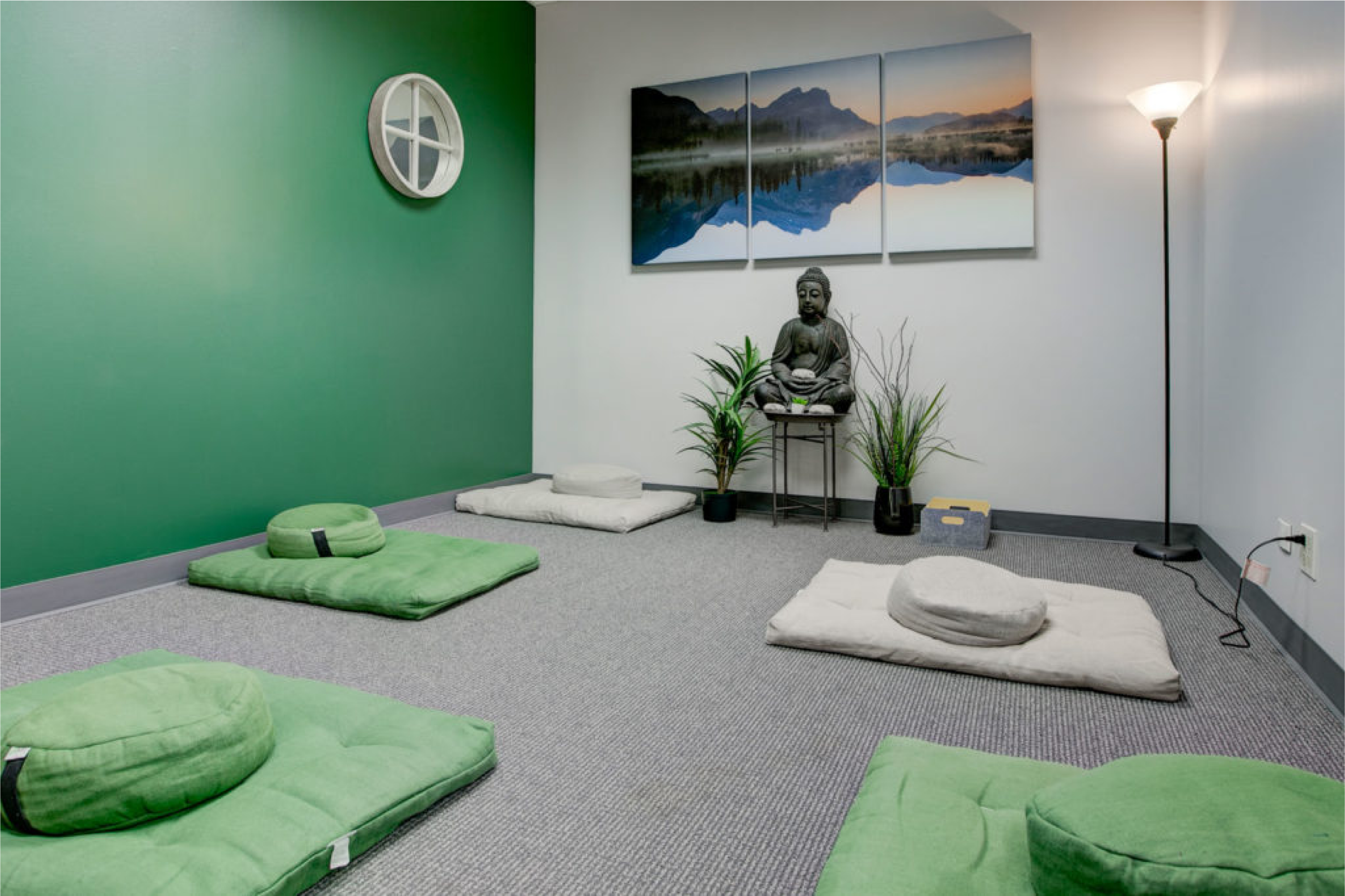
295 Interlocken Blvd., Suite 400, Broomfield, CO 80021
Our Interlocken Boulevard location offers gender-specific housing. We also offer non-secular alternatives to 12-step and holistic approaches such as yoga for stress management.

2300 S. Balsam Ln., Lakewood, CO 80227
Our Balsam Lane location offers sub-acute detox, residential treatment, and aftercare planning in a homelike environment. We offer a growing list of individualized treatments for drug addiction, alcohol abuse, and co-occurring mental health conditions.

2305 S. Fenton Dr., Lakewood, CO 80227
Our residential treatment facility offers evidence-based treatment programs and provides sub-acute detox and aftercare planning for individuals recovering from alcohol or drug addiction and those with co-occurring mental health conditions.
Location Overview
We help people with substance abuse and mental health disorders using evidence-based treatment approaches. All locations offer fully furnished home-like rooms with upscale amenities. Some of the rooms include exclusive amenities like fireplaces and private bathrooms.
Separate men's and women’s housing
Setting reminiscent of home
Near an eye-catching mountain range
Programs and Services
- Coronavirus Testing
- Co-Occurring Disorder Treatment
- Safe Medical Detox
- Inpatient Residential
- PHP / Day Treatment
- IOP / Intensive Outpatient
- Treatment Medications
- Proven Addiction Therapies
- Trauma-Based Therapies
- One-on-One Counseling
- Family Therapy
- Holistic Approaches
- Group Therapy
- SMART Recovery/ Other Secular Groups
- Art and/or Music Activities
- Stress Management & Mindfulness
- 12-Step Groups
- Weekend Outings
- Fitness Equipment/Services
- Christian Recovery Program
- Sober Housing Available
- Alumni Support
Frequently Asked Questions
Why Zinnia Health Denver

Treatment Protocol
Designed to break through to core-issues

Treatment Options
Tailored to your needs

Spacious Rooms
With comfortable beds, TVs, kitchen & laundry facilities

Formal Alumni
Aftercare programs
Paying for care shouldn't be an issue.
We accept most insurance providers.
Zinnia Health Denver is in-network with many leading insurance companies.
Select your insurance provider to check your coverage & verify your insurance.































